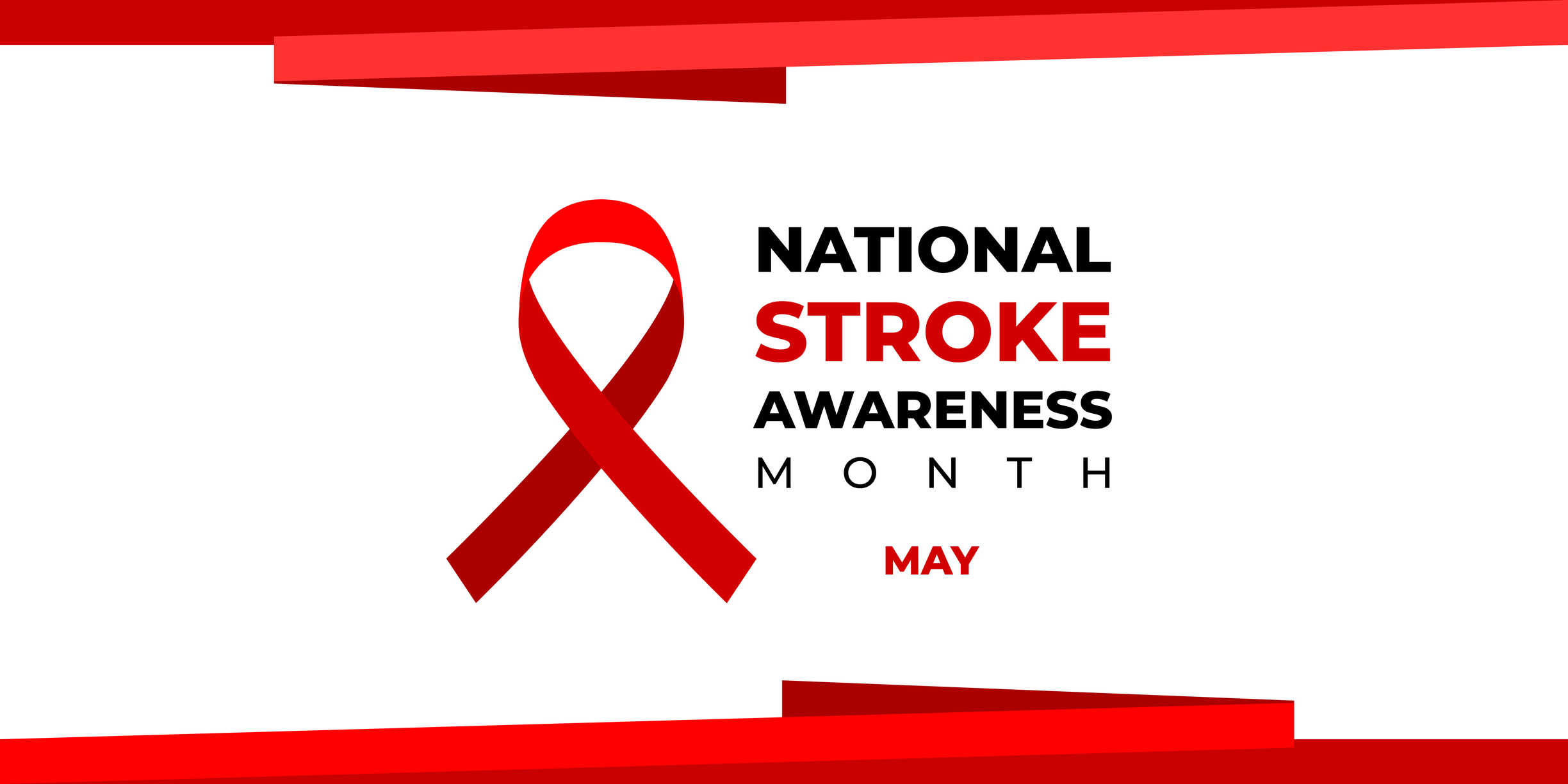
To help mark National Stroke Awareness Month this May, The Cardiovascular Care Group wants to make you aware of this disease, its link to carotid artery disease, and the steps for early detection.
On average, someone in the United States has a stroke every 40 seconds. Disease of the carotid arteries is one of the leading risk factors for stroke, responsible for approximately one-third of all occurrences. Unfortunately, many people don’t experience symptoms and thus aren’t aware they have carotid artery disease (especially in its early stages), until a stroke occurs.
What is a Stroke?
Strokes occur when blood flow to a part of the brain becomes obstructed (or blocked), preventing brain tissue from getting oxygen and nutrients. Symptoms of a stroke often occur suddenly, and generally on one side of the body. There are several factors that can increase one’s risk of stroke, including high blood pressure, high cholesterol, heart disease, smoking, diabetes, obesity, physical inactivity, heredity and more.
Those with carotid artery disease — or narrowing of the arteries that bring blood to the brain — are at risk of having a stroke. Much as narrowed arteries to the heart can cause a heart attack, narrowed arteries to the brain (usually from the buildup of plaque) can lead to a stroke.
What is Carotid Artery Disease and Who is at Risk?
Carotid arteries are two of the four arteries in the neck that deliver blood and oxygen to the brain. When these arteries narrow (usually from the buildup of plaque) they reduce blood flow to the brain which could result in a stroke.
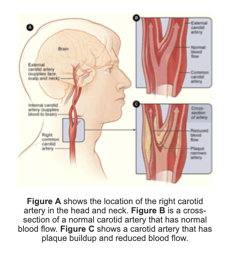
There are several factors that can increase one’s risk of carotid artery disease and stroke, including genetics, high blood pressure, high cholesterol, smoking, diabetes, obesity and lack of exercise, to name a few.
Most narrowing of the carotid arteries occur without symptoms; while sometimes it may cause a “mini-stroke” (often called a Transient Ischemic Attack or TIA) which is a warning sign that a major stroke may be imminent. Symptoms of a TIA or stroke are similar and may include sudden numbness or weakness in the face or limbs, trouble speaking or seeing, drooping of the face or mouth, or sudden lack of responsiveness.
How Does A Vascular Doctor Diagnose Carotid Artery Disease?
Our board-certified vascular doctors are specifically trained to diagnose this disease. During a physical exam, we may listen to the artery in the neck with a stethoscope. If we detect a “rumbling” sound (called a bruit) this would prompt further investigation. However, the best way to identify a narrowing of the carotid artery is with an ultrasound exam. This is a procedure we can conduct in our offices since we have trained Vascular Technologists as a part of our accredited vascular laboratory.
Other ways to diagnose this problem may include the use of Magnetic Resonance Imaging (MRI), Computed Tomography (CT scan) or an angiogram which is less common due to other more improved technologies.
Can I Prevent Carotid Artery Disease and Stroke?
There are steps to lower the risk of carotid artery disease and stroke, all revolving around healthy living. Smoking cessation is one of the most important as cigarettes are associated with many devastating health conditions. Controlling your blood pressure and maintaining good cholesterol levels are also important, which relate to eating healthy and exercising regularly.
No one can predict if a narrowing of the carotid artery will lead to a stroke. Therefore, an individual’s medical and family history, along with the degree of narrowing and presence of symptoms, must be considered to determine the best approach.
As part of our longstanding commitment to the communities we serve, The Cardiovascular Care Group is proud to offer FREE Vascular Disease Screenings for at-risk individuals.
What Are My Treatment Options?
To best predict the chance of a stroke and the proper treatment due to carotid arteries, we look at your entire medical and family history. Your history, along with the degree of narrowing and presence of symptoms, must all be considered to determine the best approach. Treatment varies from medication management and lifestyle modification, to balloon angioplasty and stenting, to surgery for direct removal of the plaque from the artery.
Balloon angioplasty and stenting is a minimally-invasive procedure where a thin wire is threaded up and through the narrowed artery—from either the groin or the base of the neck-- along with a small balloon that is then inflated to break the hardened plaque allowing the artery to widen. The balloon is removed and a metal lattice (stent) is then passed over the same wire to keep the area open. Carotid endarterectomy is when plaque is scraped from the inside of the artery thereby increasing the inner diameter through an incision made on the appropriate side of the neck. Both procedures are performed in the hospital, typically requiring an overnight stay.
TransCarotid Artery Revascularization (TCAR) is an important new option in the fight against stroke, and is particularly suited for those patients who are at higher risk of complications from carotid surgery due to age, anatomy, or other medical conditions. Because of its low stroke risk and faster patient recovery, TCAR represents the future of carotid repair. In fact, The Cardiovascular Care Group, which prides itself on the use of cutting-edge medical technologies, is the first practice in New Jersey to perform this procedure.
Risks & Benefits
All procedures have specific risks and benefits which must be appreciated by the physician and the patient in advance of the intervention. It is important to individualize a plan for each patient that both the patient and the physician are comfortable undertaking. At The Cardiovascular Care Group, we believe that both procedures have a role in the treatment of carotid artery disease. It is our responsibility to evaluate each patient and to individualize a plan of care that is appropriate for them.
Schedule an appointment today to learn more about your risks and what you can do to prevent a stroke.




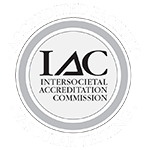
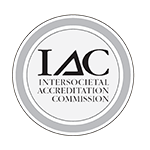
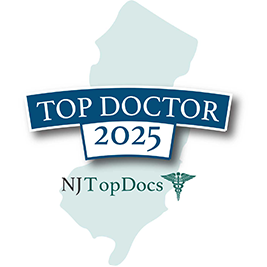
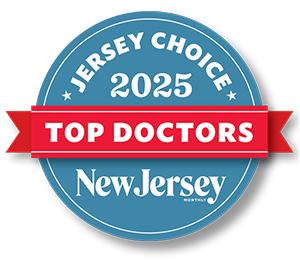
_2.jpg)